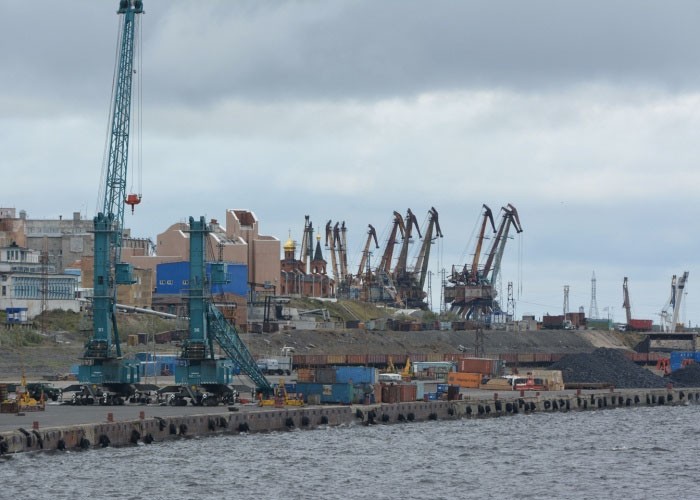An Arсtic oil field could hold Russia’s biggest discovery in 30 years
The major upgrade in estimates about the field's size has been met by skepticism from some experts.

A major oil development project could soon unfold in the Yenisey River delta, where vast oil reserves lie beneath permafrost near the area where the great Russian river runs into the Kara Sea.
Russia’s state mineral extraction agency Rosnedra now confirms that the resource estimates of the Paykha fields amount to as much as 1.2 billion tons, the newspaper Kommersant reports. That’s one of the biggest estimates ever made for a Russian oil field.
Big Oil along Arctic river
That’s good news for company Neftegazholding and its leader Eduard Khudaynatov, who for years have been seeking ways to develop the Payakha area. Khudaynatov had previously estimated the field resources far lower, at about 600 million tons.
According to Kommersant, experts have reacted with skepticism to the sudden major upgrade of the Payakha. Reportedly, only few exploration wells have been drilled in the area and seismic studies and data assessments remain sparse. No new oil samples have been presented by the company, the analysts say.
According to Neftegazholding, the lion’s share of the field resources are concentrated in the Peschany and Irkinsky structures, two of the company’s four licenses in the area. The two fields together hold as much as 804 million tons of oil, Khudaynatov and his oilmen now argue.
The Payakha fields are located along the eastern banks of the Yenisey, about 130 kilometers north of the port town of Dudinka.
Boost for Northern Sea Route
The sudden upgrade of the fields comes as the Russian government is struggling to add shipment volumes to the Northern Sea Route. President Vladimir Putin has requested a boost in Arctic shipping to an annual of 80 million tons by year 2024 and new infrastructure and industry is planned built to meet the ambitious target.
The Payakha fields could become a key part of the picture.
Previously, it was believed that the field by 2024 could provide up to five million tons to the Northern Sea Route. That estimate might now be increased.
Furthermore, the Payakha resources could become a crucial component in the new Arctic oil pipeline planned by Rosneft, formerly led by Khudaynatov. The state oil company says it intends to build a 600-kilometer pipeline from the Vankor fields in western Siberia to the coast of the Taymyr Peninsula. It will have the capacity to carry 25 million tons per year and could potentially include also the Payakha resources.